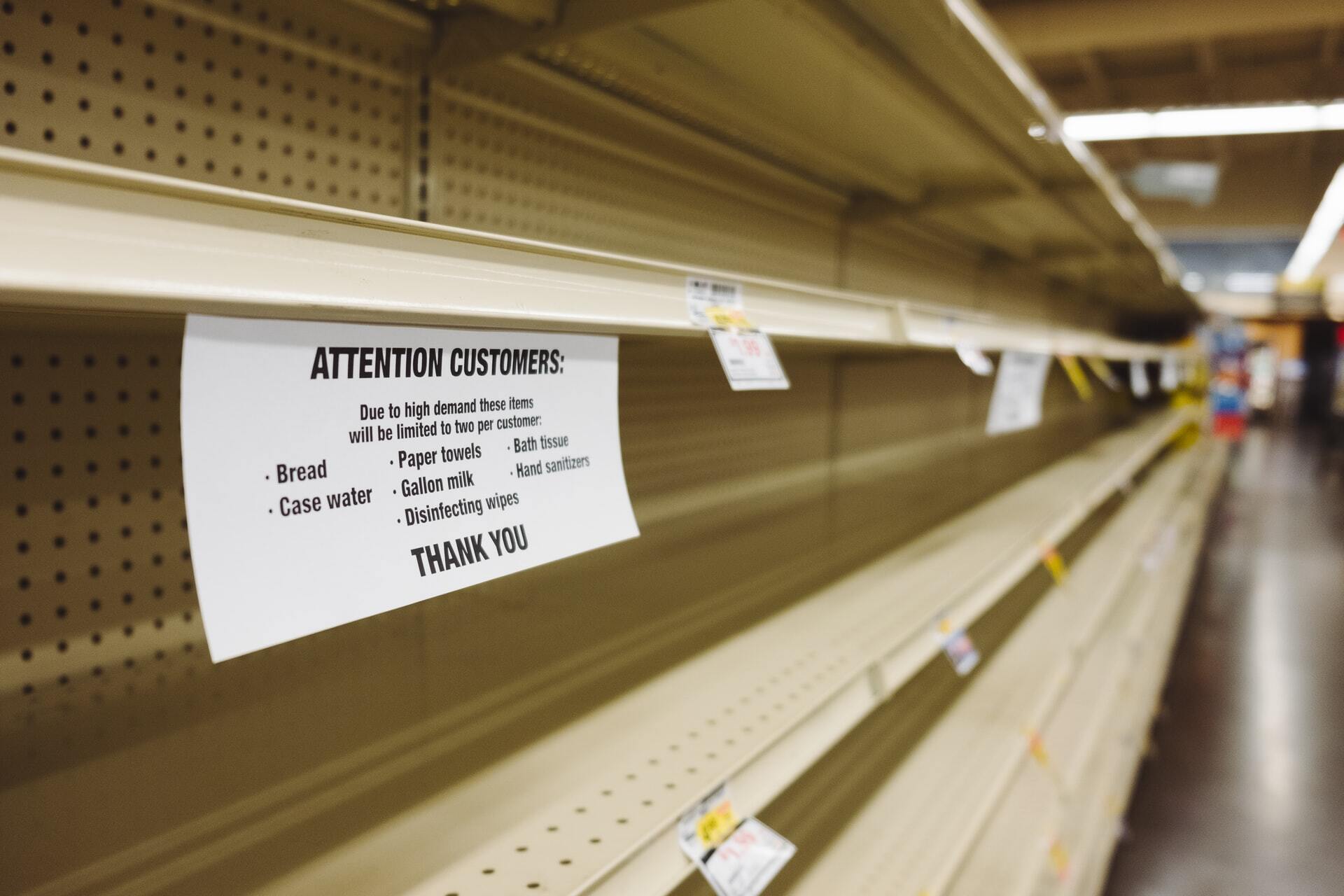
Credit: Wesley Tingey
Every week we track the business, tech and investment trends in CPG, retail, restaurants, agriculture, cooking and health, so you don’t have to. Here are some of this week’s top headlines.
The fragility of the global food system came into sharp focus this last week when The Economist released an article detailing the long-term human cost of Putin’s war in Ukraine. Our food system is already been weakened by climate change, Covid-19, and an energy shock. If war drags on, hundreds of millions could fall into poverty and famine would ensue.
Meanwhile, too few producers with too much power is starting to make our food system look like the global financial landscape just before it crashed in 2008. Everyone has a role to play in fixing this crisis, particularly agrifoodtech innovators out there who are facing a “once-in-a-lifetime” opportunity to ignite the changes that will lead to a stronger, more sustainable food system for everyone.
Our newsletter takes a lot of time and resources to produce. Make a one time or monthly contribution to help us keep it going. Whether it’s $5 or $500, every bit helps and shows us that you value our work.
_____________________________________
1. The World Is Tipping Towards Mass Hunger – The Economist
“The widely accepted idea of a cost-of-living crisis does not begin to capture the gravity of what may lie ahead,” if Putin’s war on Ukraine further weakens an already battered food system. It is everyone’s job to fix this crisis.
2. The Food System Is Headed for a 2008-Style Collapse – The Guardian
Too few producers with too much power make the food system resemble the global financial system before it crashed in 2008.
3. Food Inflation 101: What It Means for Agrifoodtech Innovators – AFN
War, climate change, and Covid-19 have sent the price of key agricultural commodities skyrocketing. The situation could pose a “once-in-a-lifetime chance” for agrifood innovators.
4. “Look Inside Your Bag of Potato Chips” to Understand Food Inflation – Wall Street Journal
WSJ explains how the war in Ukraine is impacting oil, gas and agricultural commodity prices and driving up input costs for CPG products. One chip company profiled says potatoes are now 20% more expensive while cooking oil costs are up 300%.
5. We Need More Research on ‘Forgotten’ Crops – Food Navigator
As the food crisis accelerates, key players in the food chain need to look beyond rice, maize, wheat and soya to ancient grains such as millet, sorghum and buckwheat to build a more secure, nutritionally diverse food future.
6. Do Good Foods Launches “Carbon-Reduced” Chicken at Grocery Stores – Food Dive
The company turns surplus food from grocery stores into healthy feed for cage-free chickens that eventually become food for consumers. Do Good Foods notes that each chicken product keeps four pounds of food waste out of the landfill.
7. Upcycling Startup Koa Nets $10m to Repurpose Cocoa Pulp – Food Ingredients First
A byproduct of the chocolate industry, cocoa pulp has potential as a value-added food ingredient. Koa will use its funding to increase processing at its Ghana plant tenfold.
8. What 1 Year Without Aid Looks Like for Restaurants – Restaurant Dive
The absence of Restaurant Revitalization Funds is impacting businesses and plunging them into financial danger. Restaurant Dive breaks the situation down by the numbers.
9. Timeless Seeds is Growing Specialty Grains With Regeneration in Mind – Civil Eats
Conventional wheat is King in Montana, but a group of organic farmers are making a name for themselves growing nutrient-dense specialty crops that restore the soil and surrounding rural communities.
10. Agtech Investment Firm Anterra Closes $260m Fund II – AFN
The fund will invest in entrepreneurs developing biotech and digital solutions across the agrifoodtech value chain, from ag fintech and crop science to animal health and consumer tech.
11. Motif FoodWorks Unveils First Commercial Plant-Based Meats – Green Queen
Motif MoBeef, MoPork and MoChicken will be launching from now into 2023 with foodservice locations, retailers, and private-label distributors. Distribution kicks off with the MoBeef patties.
12. Imagindairy secures $15m in Seed Round Extension – Food Business News
The Israeli startup developing animal-free milk protein expects to launch its first products in 2023. Funding will go towards further research and development.





